Sensory systems
Recent articles
Neuro’s ark: Understanding fast foraging with star-nosed moles
“MacArthur genius” Kenneth Catania outlined the physiology behind the moles’ stellar foraging skills two decades ago. Next, he wants to better characterize their food-seeking behavior.
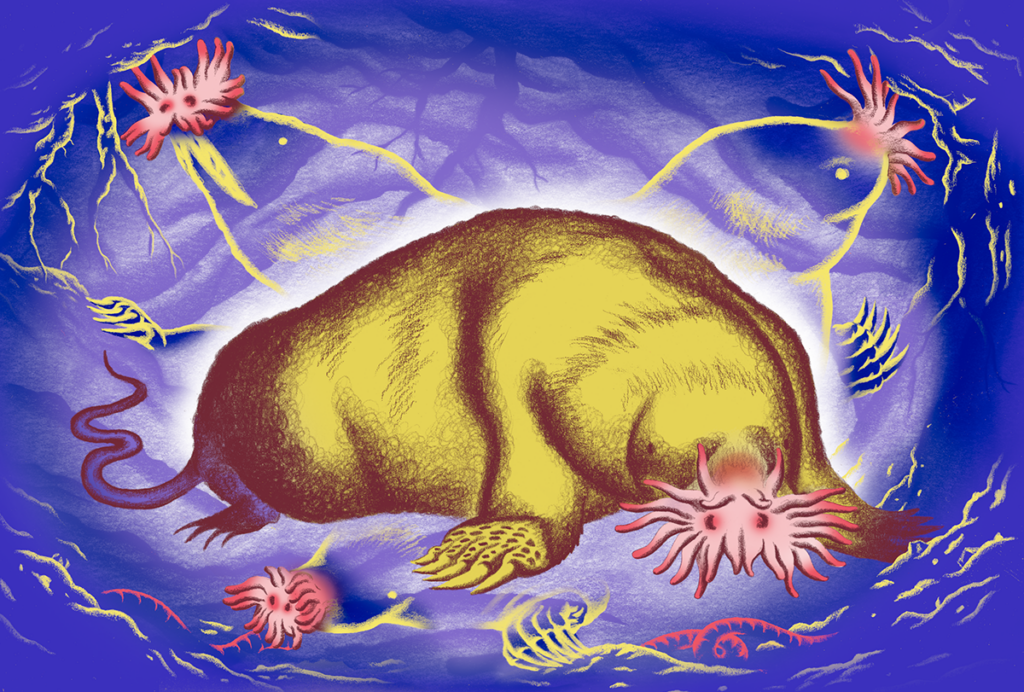
Neuro’s ark: Understanding fast foraging with star-nosed moles
“MacArthur genius” Kenneth Catania outlined the physiology behind the moles’ stellar foraging skills two decades ago. Next, he wants to better characterize their food-seeking behavior.
Cell atlas cracks open ‘black box’ of mammalian spinal cord development
The atlas details the genetics, birth dates and gene-expression signatures of roughly 150 neuron subtypes in the dorsal horn of the mouse spinal cord.
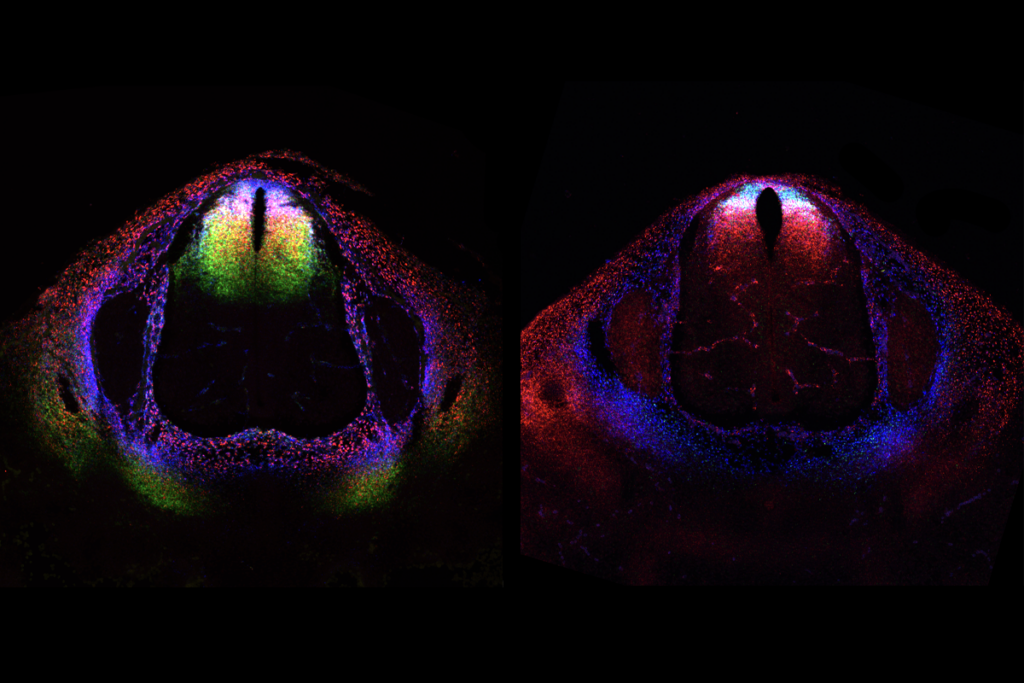
Cell atlas cracks open ‘black box’ of mammalian spinal cord development
The atlas details the genetics, birth dates and gene-expression signatures of roughly 150 neuron subtypes in the dorsal horn of the mouse spinal cord.
Neuroscience’s leaders, legacies and rising stars of 2025
Here are seven stories from the past year about some of the field’s most engaging figures.

Neuroscience’s leaders, legacies and rising stars of 2025
Here are seven stories from the past year about some of the field’s most engaging figures.
Neurons tune electron transport chain to survive onslaught of noxious stimuli
Nociceptors tamp down the production of reactive oxygen species in response to heat, chemical irritants or toxins.
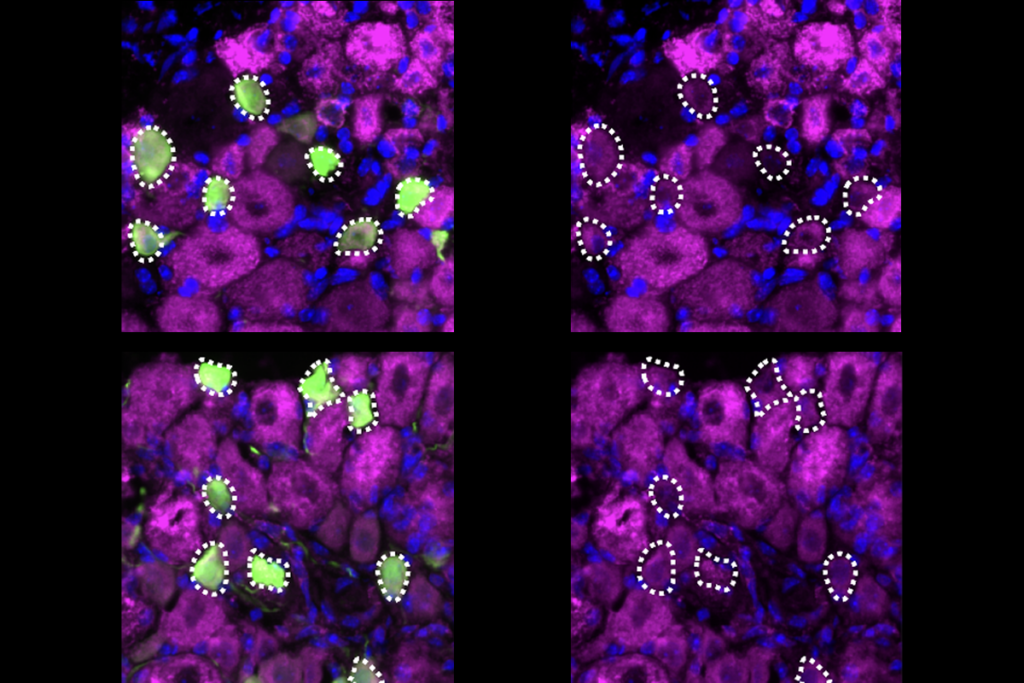
Neurons tune electron transport chain to survive onslaught of noxious stimuli
Nociceptors tamp down the production of reactive oxygen species in response to heat, chemical irritants or toxins.
The visual system’s lingering mystery: Connecting neural activity and perception
Figuring out how the brain uses information from visual neurons may require new tools. I asked 10 neuroscientists what experimental and conceptual methods they think we’re missing.

The visual system’s lingering mystery: Connecting neural activity and perception
Figuring out how the brain uses information from visual neurons may require new tools. I asked 10 neuroscientists what experimental and conceptual methods they think we’re missing.
Remembering A. James Hudspeth, hair cell explorer
Hudspeth, who died 16 August at age 79, devoted his 50-year career to untangling how the ear converts sound into electrical signals.
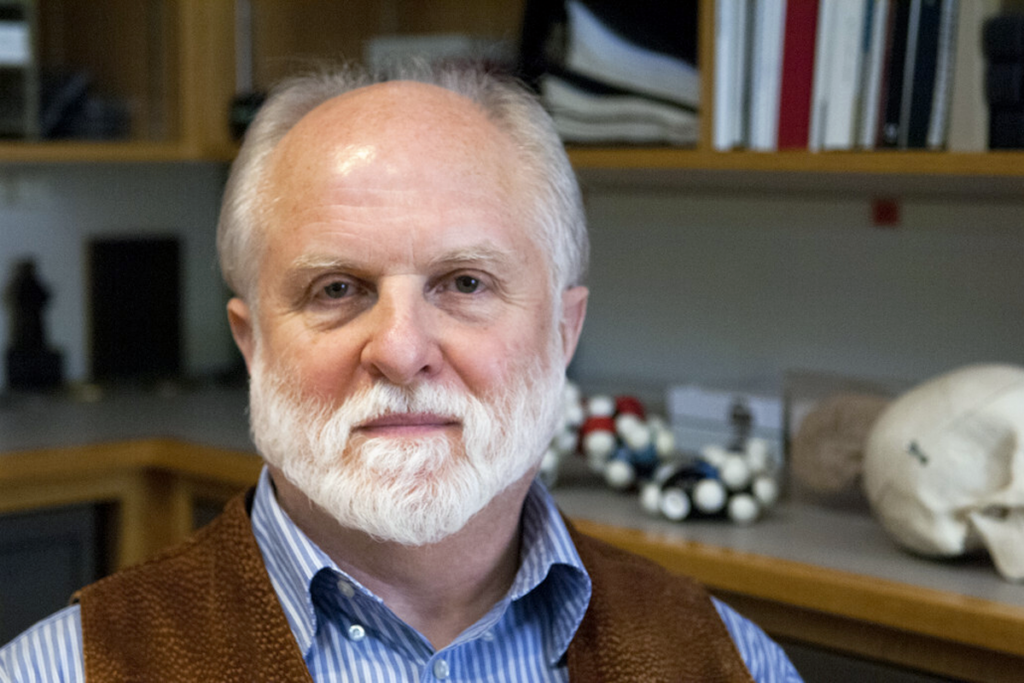
Remembering A. James Hudspeth, hair cell explorer
Hudspeth, who died 16 August at age 79, devoted his 50-year career to untangling how the ear converts sound into electrical signals.
Body state, sensory signals commingle in mouse whisker cortex
The new study challenges a long-held view that the barrel cortex exclusively encodes sensory signals from the whiskers.
Body state, sensory signals commingle in mouse whisker cortex
The new study challenges a long-held view that the barrel cortex exclusively encodes sensory signals from the whiskers.
This paper changed my life: Victoria Abraira on a tasty link between circuits and behavior
The findings from Charles Zuker’s lab put the taste system on the map, revealing that some fundamental principles of behavior are hardwired.
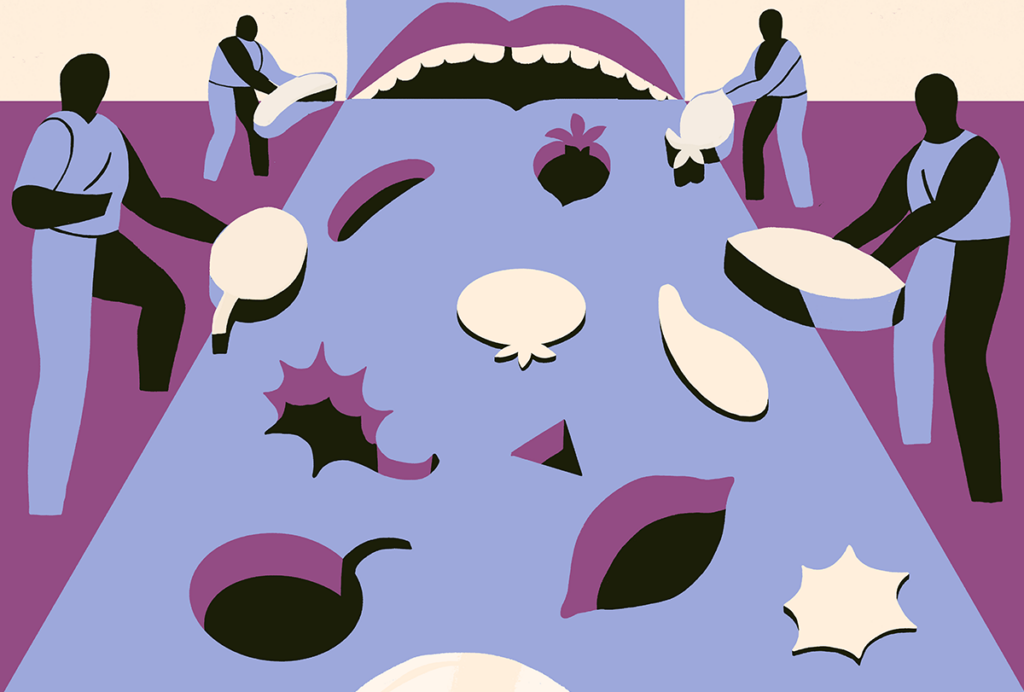
This paper changed my life: Victoria Abraira on a tasty link between circuits and behavior
The findings from Charles Zuker’s lab put the taste system on the map, revealing that some fundamental principles of behavior are hardwired.
The big idea with Diego Bohórquez
His theories around the neuropod have challenged the boundaries of classic ideas regarding gut-brain communication.
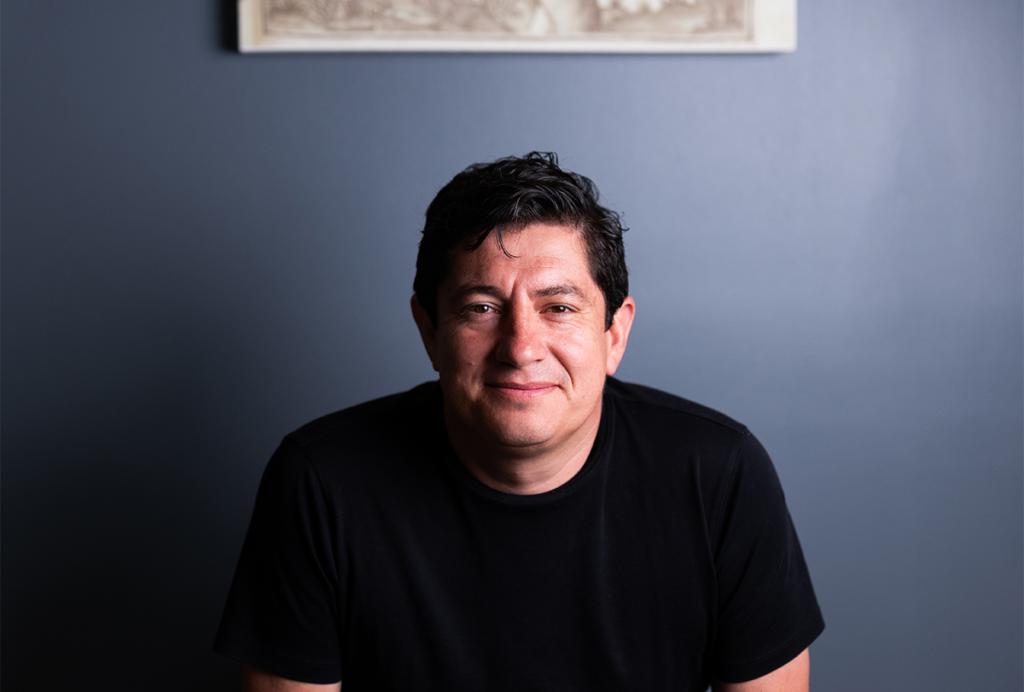
The big idea with Diego Bohórquez
His theories around the neuropod have challenged the boundaries of classic ideas regarding gut-brain communication.
Subthalamic plasticity helps mice squelch innate fear responses
When the animals learn that a perceived threat is not dangerous, long-term activity changes in a part of the subthalamus suppress their instinctive fears.
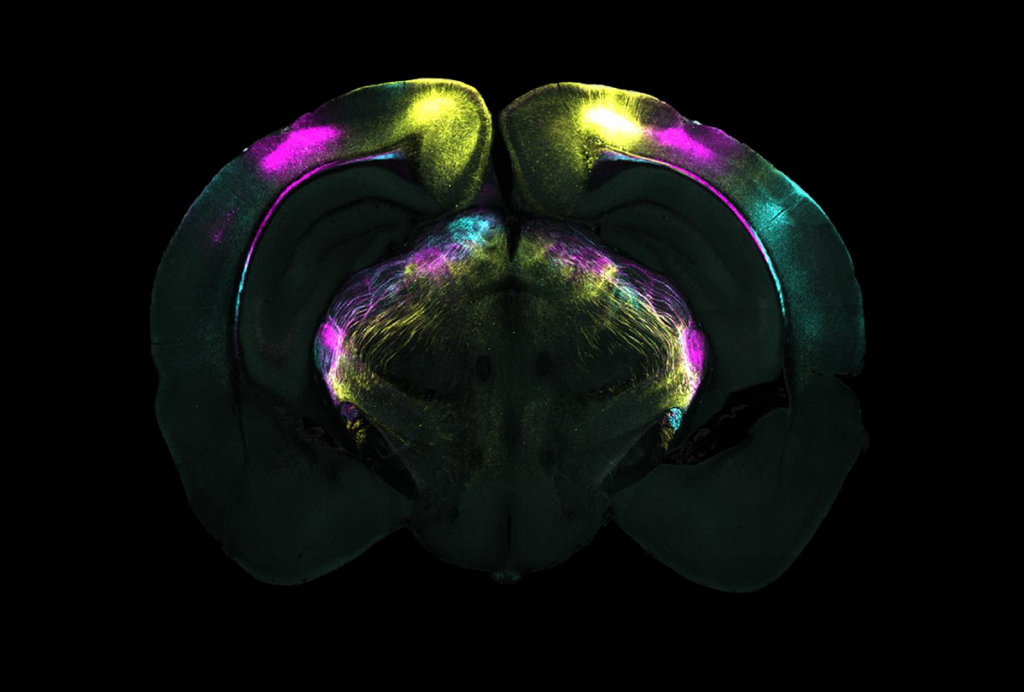
Subthalamic plasticity helps mice squelch innate fear responses
When the animals learn that a perceived threat is not dangerous, long-term activity changes in a part of the subthalamus suppress their instinctive fears.
Explore more from The Transmitter
Dendrites help neuroscientists see the forest for the trees
Dendritic arbors provide just the right scale to study how individual neurons reciprocally interact with their broader circuitry—and are our best bet to bridge cellular and systems neuroscience.

Dendrites help neuroscientists see the forest for the trees
Dendritic arbors provide just the right scale to study how individual neurons reciprocally interact with their broader circuitry—and are our best bet to bridge cellular and systems neuroscience.
Two primate centers drop ‘primate’ from their name
The Washington and Tulane National Biomedical Research Centers—formerly called National Primate Research Centers—say they made the change to better reflect the breadth of research performed at the centers.

Two primate centers drop ‘primate’ from their name
The Washington and Tulane National Biomedical Research Centers—formerly called National Primate Research Centers—say they made the change to better reflect the breadth of research performed at the centers.
Post-infection immune conflict alters fetal development in some male mice
The immune-conflict between dam and fetus could help explain sex differences in neurodevelopmental conditions.

Post-infection immune conflict alters fetal development in some male mice
The immune-conflict between dam and fetus could help explain sex differences in neurodevelopmental conditions.